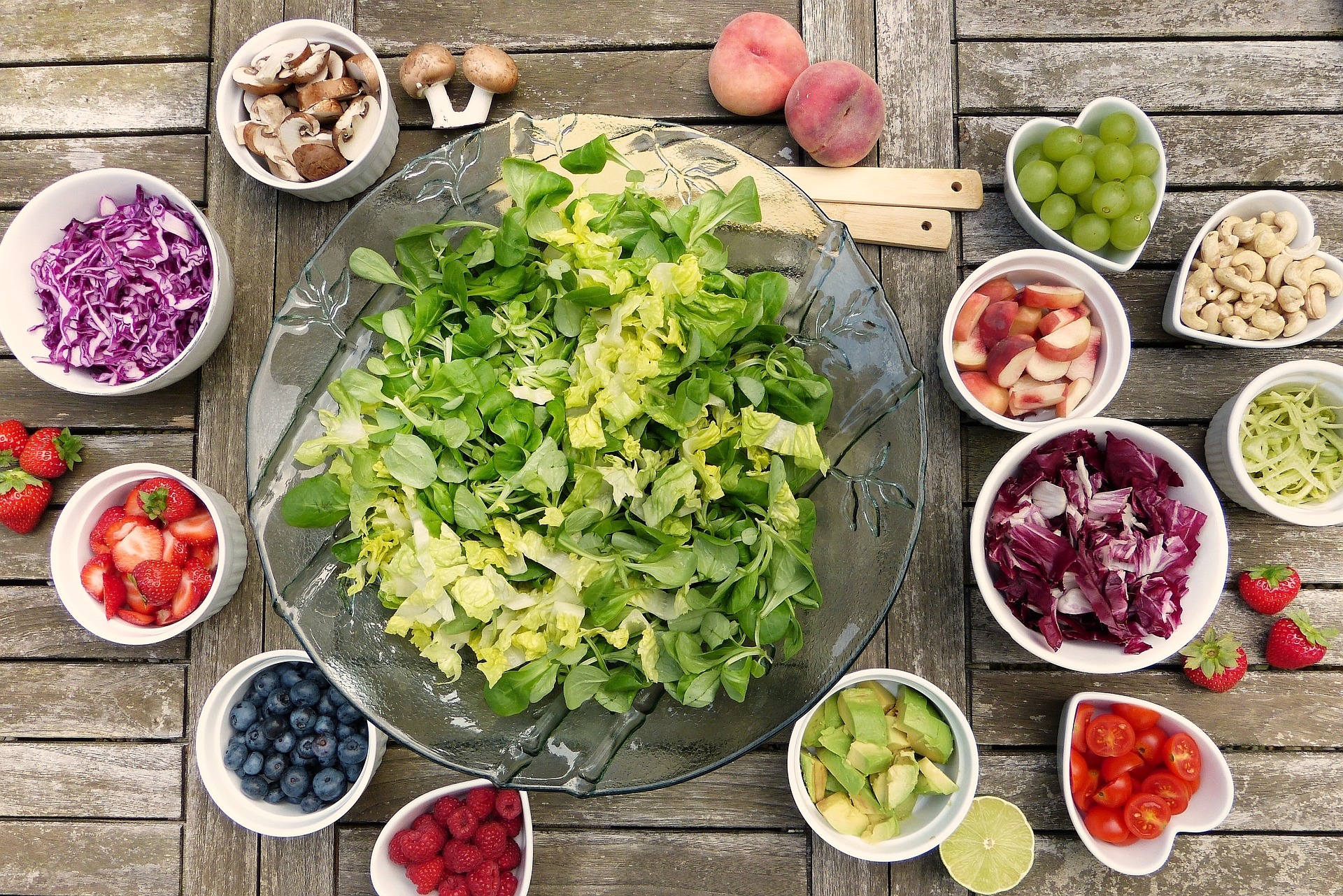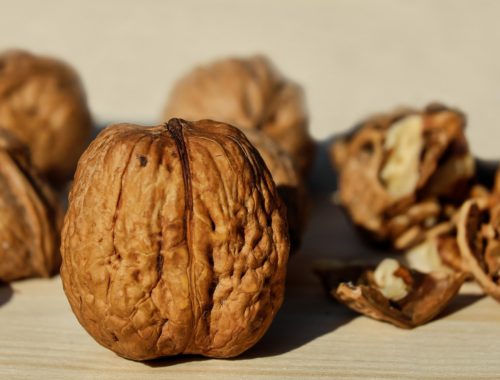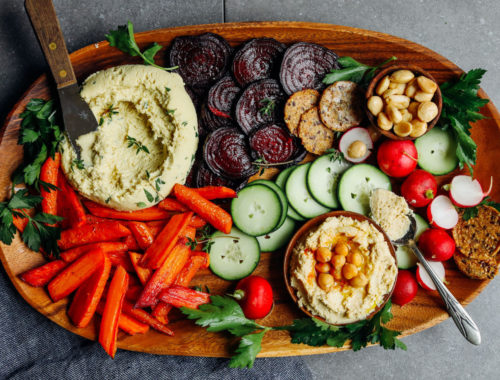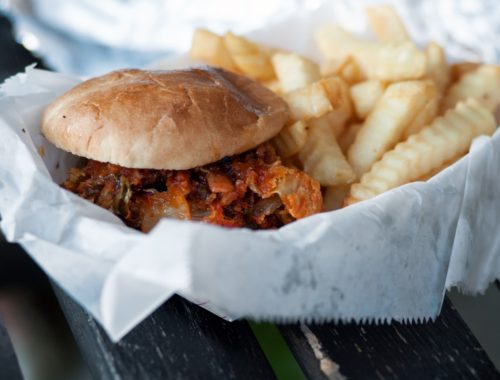Prevent
Low Insulin Diets Improve Colon Cancer Survival

Eating habits are an important part of cancer prevention and studies are finding that insulin in particular may play a pivotal role.
A low insulin-inducing diet may improve colon cancer patients’ chances of survival as well as help prevent their cancer from returning, according to a study recently published in the Journal of National Cancer Institute.
Diets high in simple carbohydrates and saturated fat were linked to higher insulin levels, while vegetarian and Mediterranean style diets (rich in vegetables, whole grains, and healthy fats) had lower insulin levels.
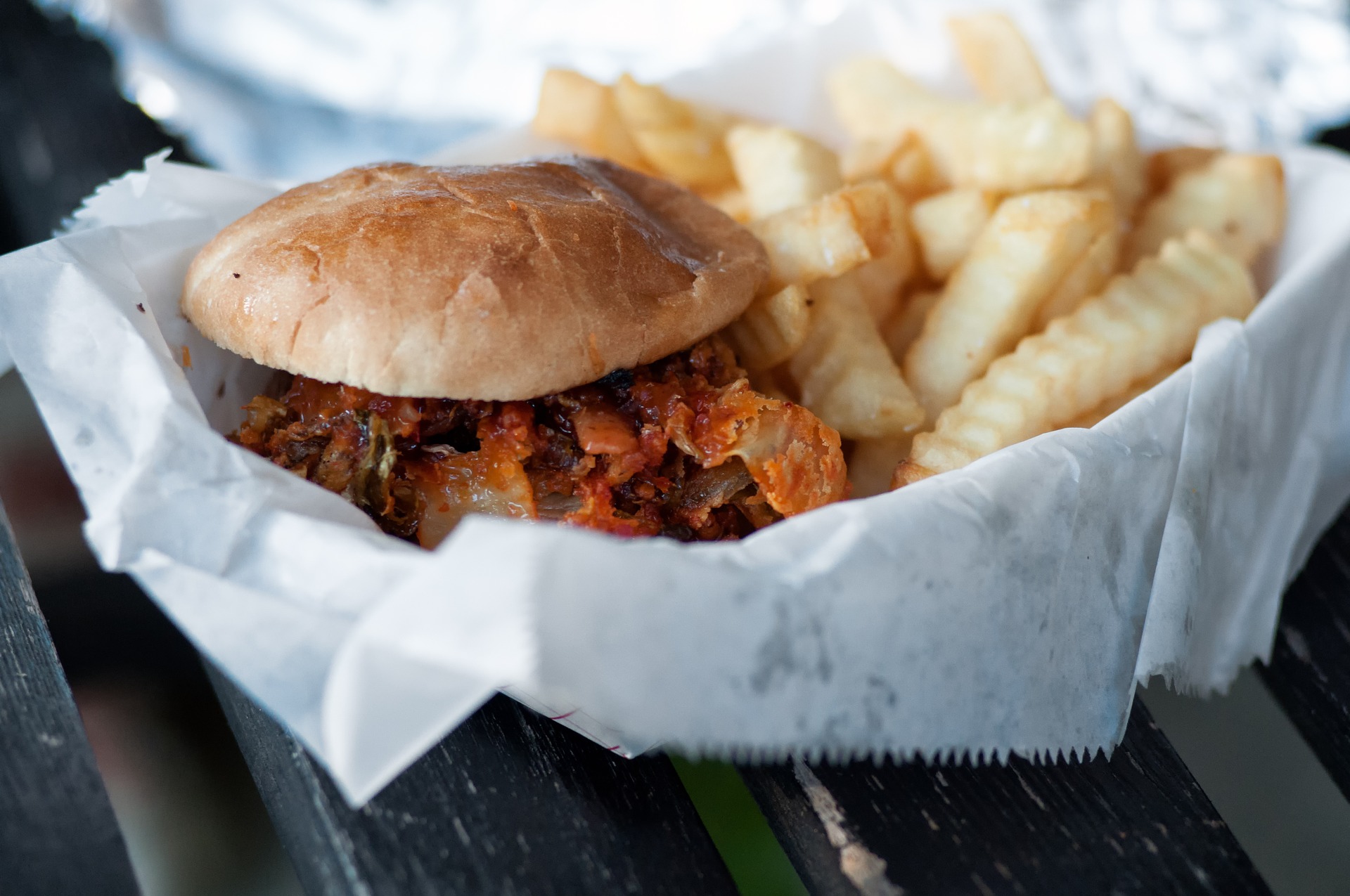
Insulin and Cancer Growth
The study on insulin looked at the diets of patients with stage III colon cancer enrolled in a chemotherapy trial at the Cancer and Leukemia Group B (CALGB).
Patients completed surveys on their diet and lifestyle habits 4 months after receiving surgery. Another questionnaire was given 6 months after they received follow-up chemotherapy. The researchers then calculated their dietary insulin load—or the level of insulin produced by the body in response to diet.
The results found that high insulin loads increased the body’s levels of insulin growth-like factor (IGF). While IGF-1 is a natural hormone that plays an important role in growth and development, studies show it may also cause cancer growth.
High levels of IGF-1 have been connected to increased risk for several common cancers including colorectal, prostate, breast, and lung.
According to the study, patients with high insulin loads had lower rates of cancer-free survival. But the link between insulin and cancer survival also depended on the body mass index (BMI) of the patient.
Obese and overweight patients seemed to have a stronger connection between high insulin loads and lower survival. This is possibly caused by higher levels of background insulin (basal insulin) already circulating in the body of these patients.
Another study indicated that low insulin levels induced a state of ketosis, which may generally benefit cancer patients. Ketosis is a state where the body burns fat instead of carbohydrates as a source of energy. This triggers the body to produce ketone bodies (KBs) which have been shown to inhibit important metabolic processes in tumor cells as well as be an ineffective energy source. Ketosis is induced by the well-known keto diet; although it’s not recommended for those with normal health due to certain side effects (i.e., low blood pressure, kidney stones, etc.), it may very well be for cancer patients.
Mediterranean and Vegan Diets Cause Lower Insulin Loads
Research on insulin and IGFs has provided new insights into how cancer develops and possible strategies for prevention. Certain patients may now be able to reduce their risk of cancer recurrence and have a better chance of disease-free survival with diet habits guided by these studies.
Patients should limit the following food groups that cause higher insulin loads:
- Simple carbohydrates
- Sweeteners (including healthier options like raw sugar, brown sugar, agave, turbinado, honey, and maple syrup)
- Products with processed sugar and high fructose corn syrup (like soda, candy, packaged pastries, sugary cereals, fruit juice concentrates, etc.)
- Saturated fat
- Fatty meats like beef, lamb, pork, poultry with skin, beef fat (tallow), lard
- Dairy products (cream, butter, cheese, and other products made from whole or reduced-fat milk)
The following are diets associated with lower insulin loads and increased cancer-free survival rates:
- Vegetarian/Vegan
- Mediterranean style diets rich in vegetables and fruits
See our article on the benefits of these diets for additional tips on how to add more veggies, whole grains, and healthy proteins into your meals.
Written By: Aishvarya Godla

